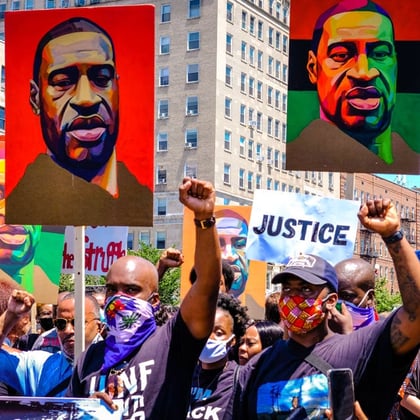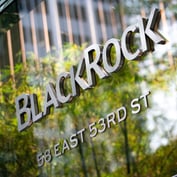What You Need to Know
- The Black Dollar Index is intended to help consumers hold corporations accountable.
- Companies are rated on multiple factors including their percentage of Black leaders and managers.
- Ratings for financial firms run the gamut from low-scoring private equity firms to high-scoring banking institutions.
A former marketing manager at TruTV, Vice Media and ABC News has developed the Black Dollar Index (BDI), a platform that rates publicly traded companies according to their contributions to racial justice or injustice.
The idea is to inform Black consumers, who spend about $1.4 trillion on consumer goods annually, about corporate practices so that they can hold companies accountable.
“The Black Dollar Index is an accountability tool that we can build upon for generations to come,” said Kelle Rozell, BDI Founder, in a statement. “Our goal is to work hand-in-hand with these corporations to make real, infrastructural change because as Americans, we want racial justice and as consumers we want options.”
The Impetus Behind the BDI Rating Platform
The index grew out of protests in 2020 following the murders of Breonna Taylor, George Floyd and others, which spurred many corporations to pledge their support for social justice efforts. “It became imperative to create a platform for consumers to hold corporations accountable and seek transparency on these commitments moving forward,” according to BDI.
The BDI Scoring System
The BDI index rates companies on a scale of 1 to 100 according to five quantitative factors, which contribute a total 80% to their scores, and four qualitative factors, which contribute the remaining 20%. A company that scores under 70 is deemed “not yet approved.” A score between 71 and 80 is “fair,” between 80 and 90 “good,” and from 91 to 100, “great.”









 February 23, 2021 at 01:42 PM
February 23, 2021 at 01:42 PM











